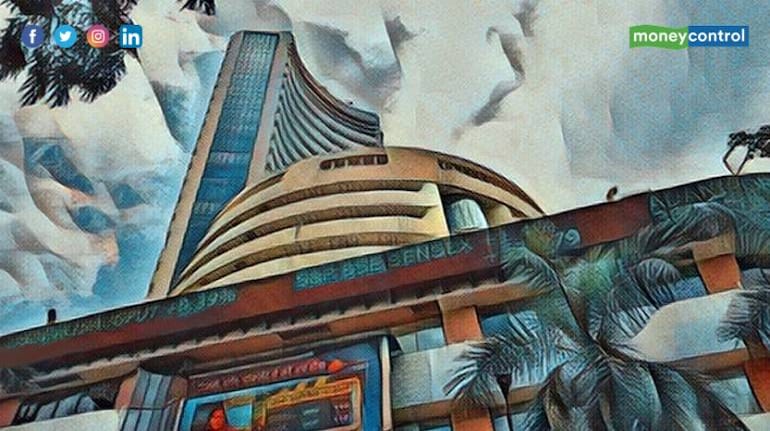



Around 7.1 million shares of the unlisted National Stock Exchange (NSE) changed hands in March. This was the second highest volume in a single month since the bourse started publishing the share transfer data from January 2021.
The average price of all trades put together was Rs 2,947 per share, slightly lower than the Rs 2,980 for February, but 22 percent higher than that registered same period last year.
The turnover value of Rs 2,113 crore for March was second only to the Adani Enterprises stock, which grossed around Rs 8,400 crore. Since December 2022, the NSE has been among the top five most active traded stocks in value terms every month. The heavy trading interest in NSE shares is there despite lack of clarity on the bourse’s long-awaited initial public offering.

Brokers dealing in NSE shares say that there is a lag of four-five months, sometimes even more, from the time a deal is struck, and when the shares are transferred after the board approval.
The strong appetite for NSE shares is not surprising. NSE is India’s number one stock exchange with a 93 percent market share in the equity segment, a near monopoly in the equity derivatives segment, and the dominant player in the currency derivatives segment. Its operating profit margin is close to 70 percent and it is the number one derivatives platform globally, according to data by the Futures Industry Association.
The number of wealthy investors owning NSE shares has risen exponentially over the last five years. At the end of FY21, barely 650 individuals owned NSE shares. That figure now stands at over 4,300, with DMart founder Radhakishan Damani, industry captains, and many reputed stock market investors among the shareholders.
In March, foreign portfolio investors were net buyers of 13.6 lakh shares and domestic investors were net buyers of close to 29 lakh shares. Non-resident Indian investors net sold around 4.2 million shares. The highest price during the month was Rs 3,300 and the lowest Rs 2,800.
The gap between the high and low price during a month has narrowed down to around 20 percent. Last year, the gap used to be as wide as 50-200 percent in some months, leading brokers to suspect that some of the transactions were being done merely to either evade tax or pass off unaccounted income as trading profit.
For the nine-month period ended December 31, 2022, NSE’s consolidated revenues rose 50 percent to Rs 8,320 crore and consolidated net profit rose around 55 percent to Rs 4,590 crore. Operating profit margin was 73 percent and earnings per share Rs 109, which if extrapolated works out to around Rs 144 for the full year.
Rival BSE, with a much smaller market share, slower growth in revenues, and less than half the operating profit margin, is quoting at roughly 33 times trailing earnings. Using the same yardstick, NSE shares should command a value north of Rs 4000 apiece, and perhaps well over Rs 6000 if a premium for dominant market share were to be applied.
In January, the Securities Appellate Tribunal (SAT) set aside the order by the Securities and Exchange Board of India (Sebi) against the NSE in the colocation case, imposing a Rs 625 crore disgorgement penalty on the bourse. In March, the Supreme Court refused to stay the SAT order and asked SEBI to refund Rs 300 crore to the NSE subject to the latter giving an undertaking that it would return the money along with interest if Sebi succeeded in its appeal in the Supreme Court. The matter will come up for hearing again in September.
Discover the latest Business News, Sensex, and Nifty updates. Obtain Personal Finance insights, tax queries, and expert opinions on Moneycontrol or download the Moneycontrol App to stay updated!